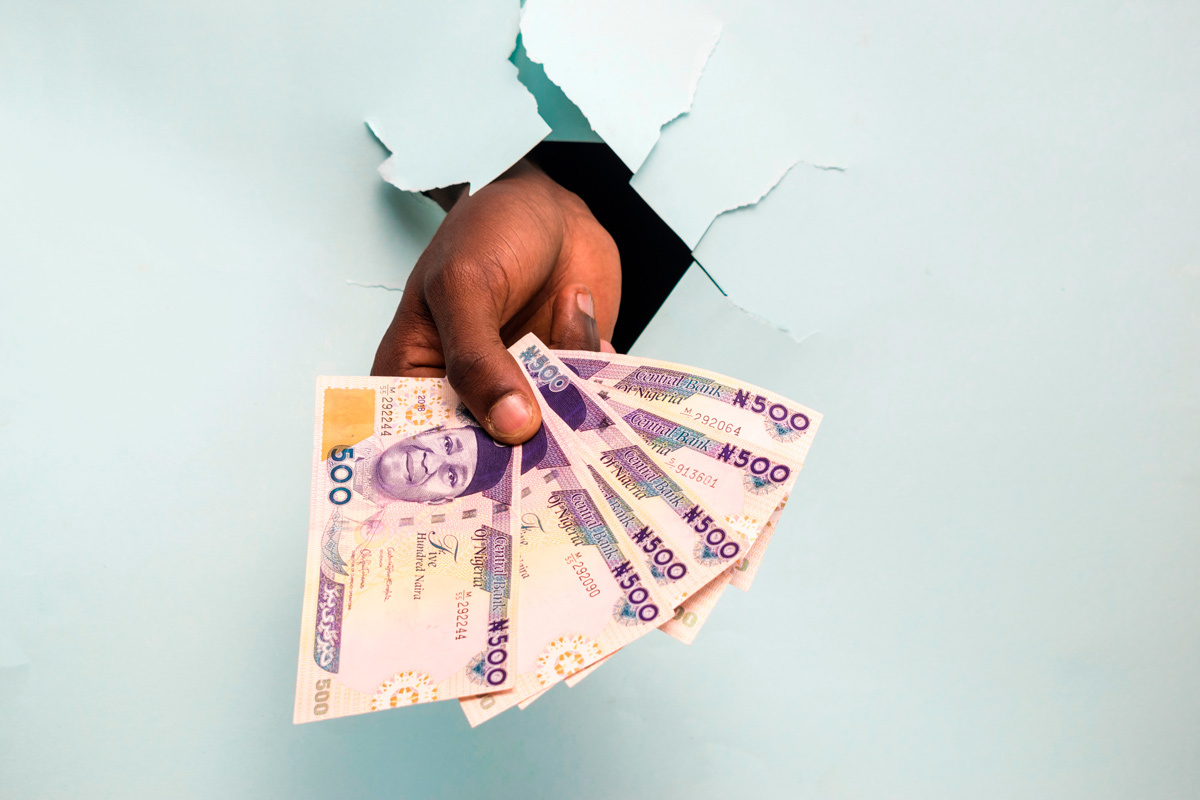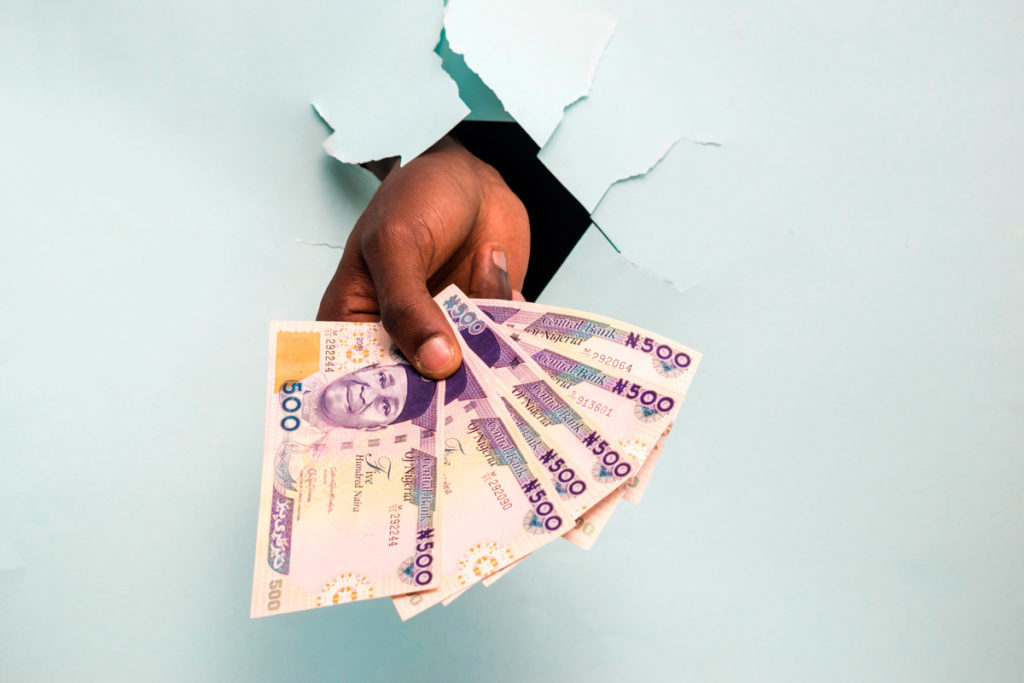
The world is trembling and unusual measures are taken. Not only to save lives, but also to preserve economies. Namibia, for instance, is currently going through several restrictions concerning cash payments, electronic transfers, and also international spendings. A hot topic for, especially concerning Nigeria’s middle class, the key customers able to afford foreign travel, health or even education abroad.
Africa’s most populous country
The recent drop in international oil prices as well as the coronavirus pandemic, have put the country into a fragile currency situation. Last time the Central Bank of Nigeria (CBN) introduced currency controls was to also fight the oil price crash of 2016.
With a tweet in late February, the Central Bank of Nigeria (CBN) regulated: “Only transfers into domiciliary accounts can be transferred from such accounts while cash deposits into such accounts can only be withdrawn in cash.”
A couple of weeks later, following the restrictions to Nigerian’s Naira, also international spending limits have been reduced by most of the commercial banks, restricting the limits from USD 3,000 to USD 500 or USD 1,500, depending on the bank. Also, mid of May, the CBN adjusted the exchange rate USD to NGN from N307/$1 to N360/$1 at the official window. This marked the first official devaluation of the naira since 2017.
How do restrictions affect the merchant’s customers?
Let’s say a bank customer made an electronic transfer of $10,000 into his domiciliary account and later goes to the bank to make a cash deposit of $20,000. He has a total of $30,000 in the account, but if this customer needs to make a payment of $15,000 or initiates a transaction of $15,000, he can only pay $10, 000 through electronic transfer and the remaining $5,000 would have to be paid in cash.
In-Depth on-site Strategy to prevent conversion loss
Local knowledge not only about regulations but also about customer behavior is essential to prevent conversion losses. In our 2019 research about local payments preferences of consumers in Nigeria, we already highlighted the CBN’s initiative ‘Cashless Nigeria’, an ambitious project in a country, in which over half of the Nigerian adults lack access to financial services and only 3% have credit cards. Alternative payments are substantial to succeed in this growing market. 11.4 million Nigerian eShoppers still show a strong inclination to domestic eCommerce purchases using cash. Domestic cards, like debit-card scheme Verve, compose 60% of the local card market and more than 29% of the total eCommerce sales.
How do you go local in Nigeria?
Nigeria’s eCommerce market is expected to continuously grow over the next couple of years. Smartphones do have a penetration of 56% and are the main internet access point, therefore mobile-optimized checkout flows are key to enter Nigeria’s eCommerce market. Avoid adding friction through the checkout process, and switch to local processing as local acquires enable local transactions and increase the conversion success rate.
Learn more about local payment in Nigeria here.
Sources:
nairametrics.com
venturesafrica.com
